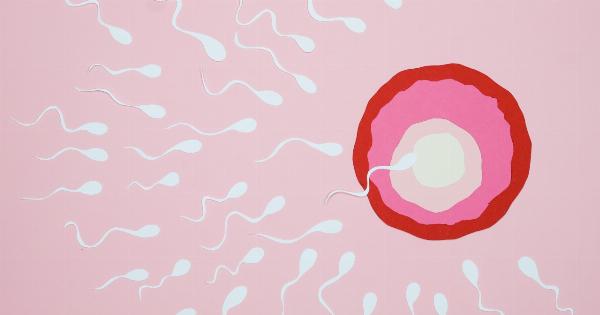In vitro fertilization (IVF) has revolutionized the field of reproductive medicine, offering hope to many couples struggling with infertility.
While IVF has enabled the successful creation of embryos outside the body, it’s important to note that not all embryos progress uniformly. In some cases, embryos may experience sudden developmental stoppage, leading to failed implantation or miscarriage. This article explores the potential causes behind this phenomenon.
1. Genetic Abnormalities
One of the primary causes of sudden developmental stoppage in IVF embryos is genetic abnormalities. These abnormalities can arise due to errors during fertilization or as a result of inherent genetic defects within the egg or sperm.
Genetic abnormalities disrupt the normal developmental pathway of the embryo, causing it to cease development at a certain stage.
2. Chromosomal Disorders
Chromosomal disorders, such as aneuploidy, can also contribute to developmental stoppage in IVF embryos. Aneuploidy refers to an abnormal number of chromosomes in the embryo, which can lead to developmental arrest.
The presence of aneuploidy is more common in older mothers and can significantly impact the viability of embryos.
3. Embryo Quality
The quality of an embryo is a critical factor in its developmental potential. Poor-quality embryos often lack the necessary cellular organization and metabolic activities required for continued development.
Factors such as abnormal cell division, uneven distribution of cytoplasmic materials, and fragmentation can hinder an embryo’s ability to progress beyond a certain stage.
4. Blastocyst Formation Failure
Failure to form a blastocyst is another possible cause of developmental stoppage. Blastocyst formation occurs around day five or six after fertilization and is crucial for successful implantation into the uterus.
If an embryo fails to reach the blastocyst stage, it may indicate underlying issues with cell differentiation or the formation of necessary structures for implantation.
5. Implantation Window Mismatch
The implantation window is a narrow timeframe during which the uterus is receptive to embryo implantation.
If the developmental speed of an IVF embryo is significantly off-sync with the implantation window, the embryo may fail to attach and develop further. This mismatch often leads to early pregnancy loss or failed implantation altogether.
6. Endometrial Factors
The endometrium, the inner lining of the uterus, plays a vital role in embryo implantation and development. However, certain endometrial factors can interfere with this process.
For instance, an abnormal thickness of the endometrium or inadequate secretion of crucial hormones can halt embryo progression and prevent successful implantation.
7. Ovarian Dysfunction
Ovarian dysfunction can lead to irregularities in egg quality and maturation, affecting the development of resulting embryos.
Hormonal imbalances, polycystic ovary syndrome (PCOS), or diminished ovarian reserve can all contribute to sudden developmental stoppage in IVF embryos.
8. Lab Conditions and Culture Media
The conditions in which embryos are cultured in the laboratory can influence their developmental progression. Suboptimal conditions, inadequate nutritional support, or exposure to toxins can impede embryo growth and result in developmental arrest.
9. Procedural Factors
The techniques and methods employed during various stages of IVF can also impact embryo development. Errors during embryo handling, improper timing of procedures, or technical challenges may lead to developmental abnormalities and stoppage.
10. Sperm Quality
The quality of the sperm used in IVF can influence embryo development. Low sperm motility, abnormal morphology, or DNA fragmentation can all contribute to impaired embryo growth and sudden stoppage.





























